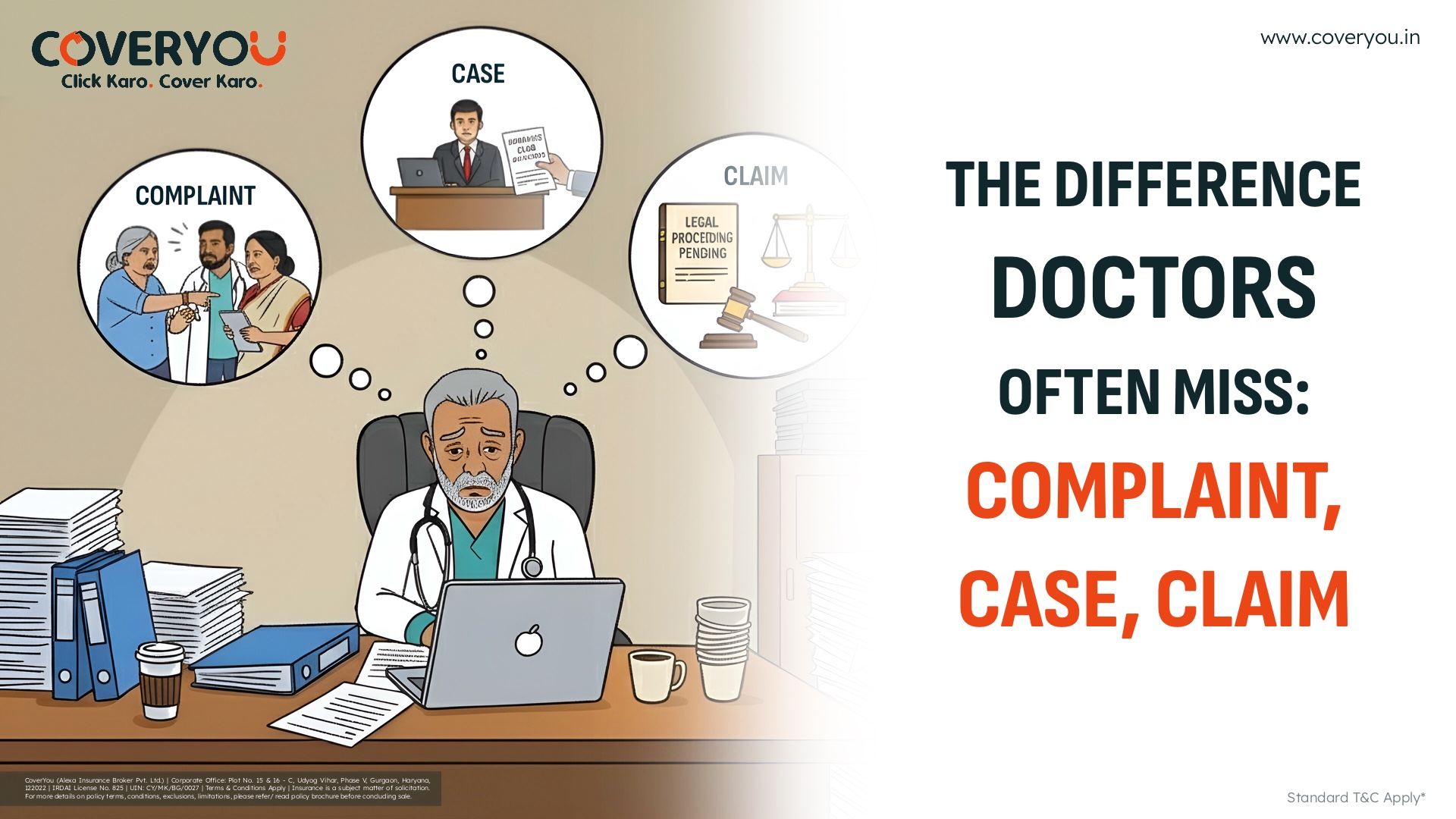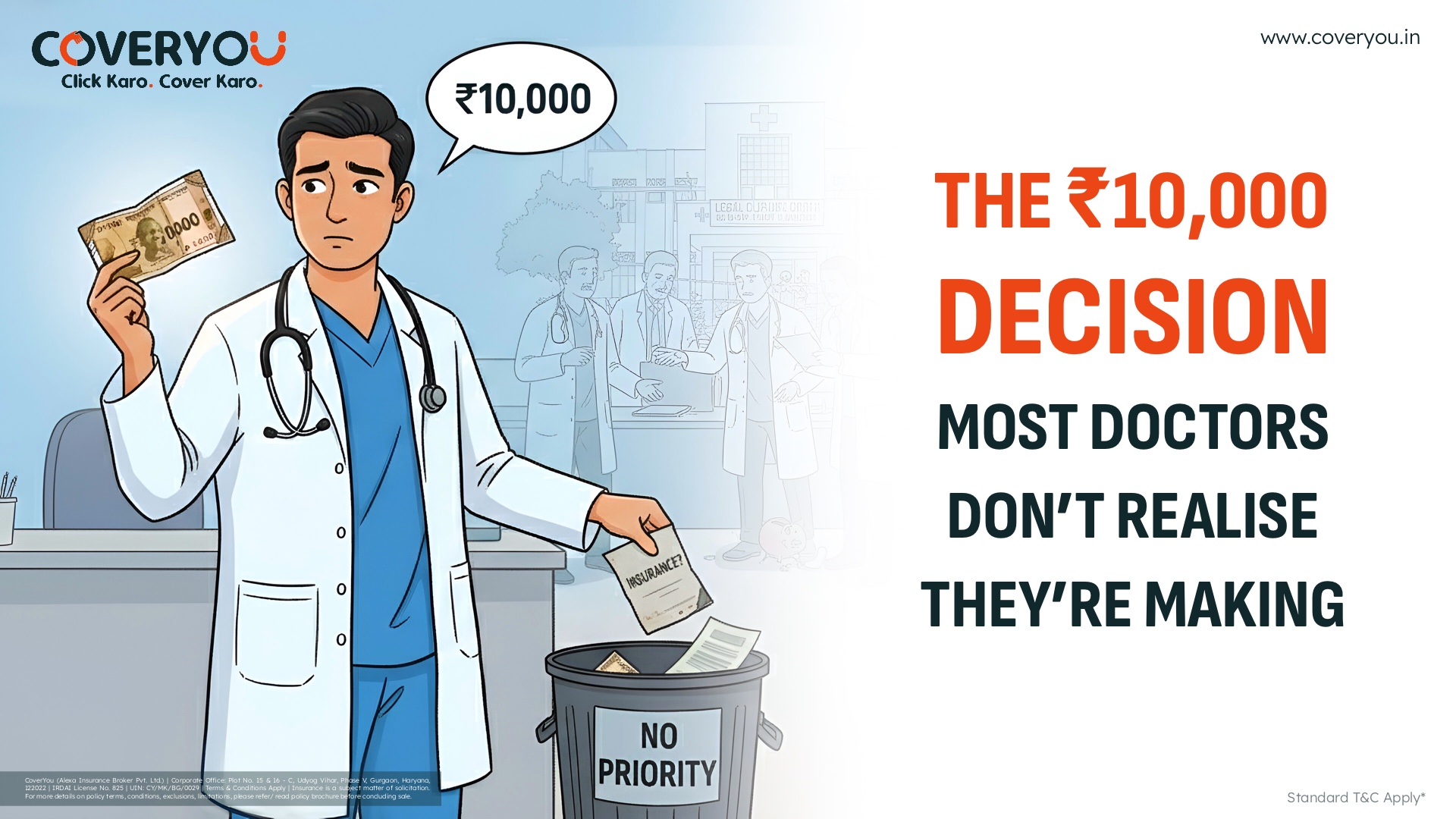Introduction
In today’s digital landscape, social media is far more than a tool for casual conversation—it has become an essential platform for doctors to engage with patients, share accurate health information, and build a credible reputation. For medical professionals, a robust online presence can elevate a practice’s profile, foster community trust, and even facilitate professional networking. However, leveraging these platforms effectively requires a blend of strategic planning, ethical considerations, and a commitment to transparency. In this analysis, we delve into key strategies for using social media effectively, critically examining how to build trust with professional content, engage with patients responsibly, manage online reviews, and harness social media for marketing and growth.
1. Building Trust Through Professional Content
Establishing Credibility in the Digital Age
Doctors who share accurate, evidence-based content set themselves apart as reliable sources in an environment where misinformation can spread rapidly. The digital space demands that every post, infographic, or video be meticulously curated to reflect current medical guidelines and the latest research. This commitment not only informs the public but also reinforces the professional’s credibility.
Critical Considerations
- Accuracy Over Virality: While sensational content might attract immediate attention, it’s the accuracy and reliability of your information that cultivates long-term trust. Every piece of content should be thoroughly researched and fact-checked.
- Aligning with Medical Guidelines: Posts must be in sync with established guidelines and best practices. This not only ensures that patients receive correct information but also protects the doctor from inadvertently endorsing practices that could be harmful or legally questionable.
- Consistency is Key: Regularly updating social media with professional content builds a narrative of reliability. Consistency in tone, style, and quality further solidifies a doctor’s standing as an authority in their field.
Strategies to Enhance Content Credibility
- Source Verification: Always reference reputable medical journals, professional organizations, and evidence-based research.
- Peer Review: Engage with colleagues to review your content before publication, adding an extra layer of validation.
- Educational Outreach: Use various formats—blog posts, videos, Q&A sessions—to break down complex medical concepts into digestible content that resonates with a broad audience.
2. Engaging with Patients Responsibly
Navigating the Intersection of Professionalism and Accessibility
Social media platforms offer a unique opportunity for doctors to interact directly with patients. However, the informal nature of these platforms can blur professional boundaries if not managed carefully. It’s imperative to strike a balance between being accessible and upholding the ethical standards that govern the doctor-patient relationship.
Critical Considerations
- Maintaining Professional Boundaries: Even as you welcome questions and engage in discussions, it’s vital to avoid offering personalized medical advice online. Direct consultations should be reserved for private, secure settings.
- Privacy and Confidentiality: Social media interactions must respect patient privacy. Discussing specific cases or sharing identifiable details—even unintentionally—can breach confidentiality and lead to ethical and legal complications.
- Transparency and Clarity: Clearly state that interactions on social media are for informational purposes only and do not substitute for professional medical consultations.
Best Practices for Responsible Engagement
- General Information Only: Focus on providing general advice and educational content. For case-specific queries, encourage patients to schedule appointments.
- Use of Disclaimers: Always include disclaimers clarifying that the information provided does not constitute professional medical advice.
- Secure Channels for Sensitive Conversations: Direct any discussions that require detailed personal information to secure, private communication channels.
3. Managing Online Reviews and Feedback
The Role of Patient Feedback in Shaping Reputation
Online reviews are a digital reflection of a practice’s reputation. In an era where potential patients often consult online ratings before choosing a healthcare provider, managing feedback with care is crucial. How a doctor or practice responds to both positive and negative reviews can either reinforce credibility or harm it.
Critical Considerations
- Proactive Reputation Management: Ignoring negative feedback can be detrimental. Each review, whether laudatory or critical, offers valuable insights into patient experiences and expectations.
- Balancing Accountability with Confidentiality: While it’s important to address concerns, responses must be carefully crafted to maintain patient confidentiality. Avoid discussing any details that could identify the individual or compromise their privacy.
- Constructive Engagement: Negative reviews should be viewed as opportunities to learn and improve. Responding respectfully shows accountability and a commitment to high standards of care.
Strategies for Managing Online Reviews
- Timely and Professional Responses: Develop a protocol for addressing reviews promptly, ensuring that responses are courteous, professional, and empathetic.
- Encouraging Positive Feedback: Invite satisfied patients to share their experiences, which can help counterbalance any negative reviews.
- Utilizing Feedback for Improvement: Regularly review feedback to identify trends or recurring issues that may need to be addressed within the practice.
4. Leveraging Social Media for Marketing and Growth
Expanding Reach and Building a Referral Network
Beyond patient education and engagement, social media is a powerful marketing tool. Platforms like LinkedIn, Facebook, and Instagram provide avenues for doctors to showcase their expertise, communicate their services, and differentiate themselves from competitors. Effective marketing on social media not only attracts new patients but also builds a robust referral network.
Critical Considerations
- Consistent Branding: A cohesive online brand that reflects your professional values and expertise is essential. This consistency helps potential patients recognize and trust your practice.
- Clear Communication of Services: Transparency about the services offered, as well as the unique aspects of your practice, can significantly influence patient decisions.
- Strategic Content Planning: Tailoring content to target specific demographics or patient groups can enhance engagement and ensure that marketing efforts are both effective and ethical.
Marketing Strategies for Growth
- Multi-Platform Presence: Use a variety of platforms to reach different segments of the population. Each platform has its unique strengths—LinkedIn for professional networking, Instagram for visual storytelling, and Facebook for community engagement.
- Content Calendar: Develop a content calendar to ensure regular posting and to keep your audience engaged with fresh and relevant updates.
- Engage with the Community: Participate in online health forums, webinars, and local events to boost your visibility and credibility. Collaboration with other healthcare professionals can further enhance your network and reputation.
Conclusion
A strong online presence is indispensable for modern medical professionals. By leveraging social media effectively, doctors can enhance patient engagement, build trust, and grow their practices. The key lies in a balanced approach that combines accurate, evidence-based content with ethical engagement and strategic marketing. Through proactive content management, responsible patient interactions, diligent review management, and consistent branding, doctors can not only navigate the challenges of social media but also harness its potential to foster long-term professional growth and community trust.
Embracing these strategies requires commitment and ongoing learning, but the rewards—a loyal patient base, a robust professional network, and an enhanced reputation—are well worth the effort.
















